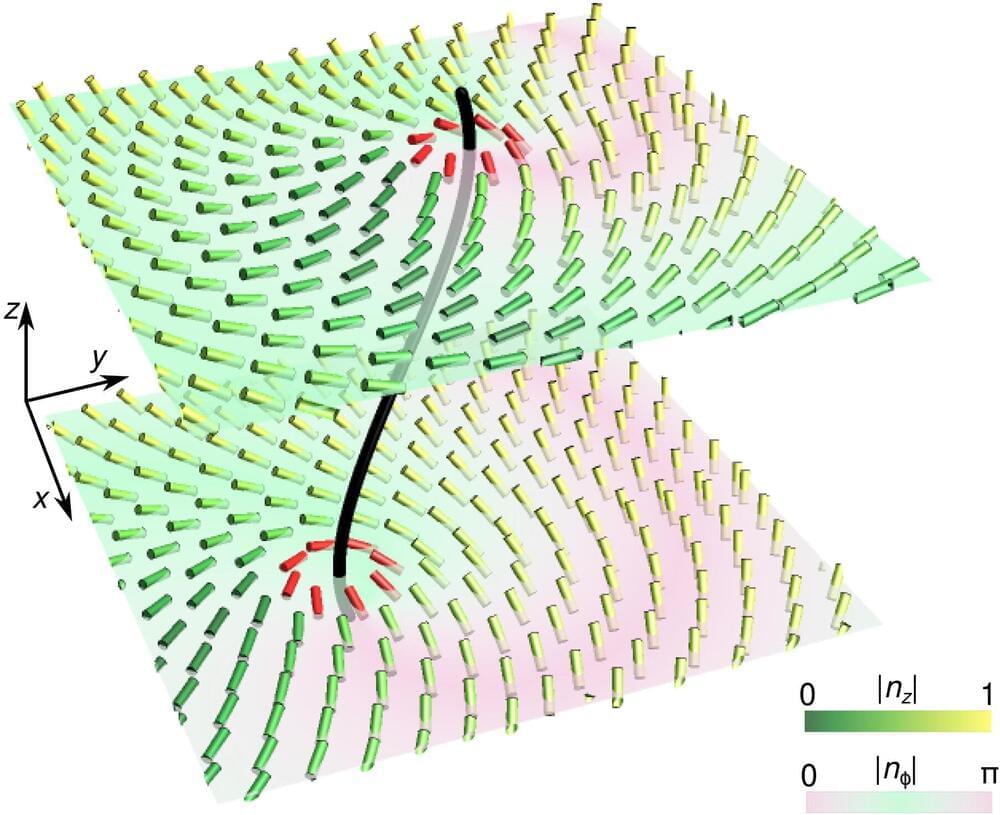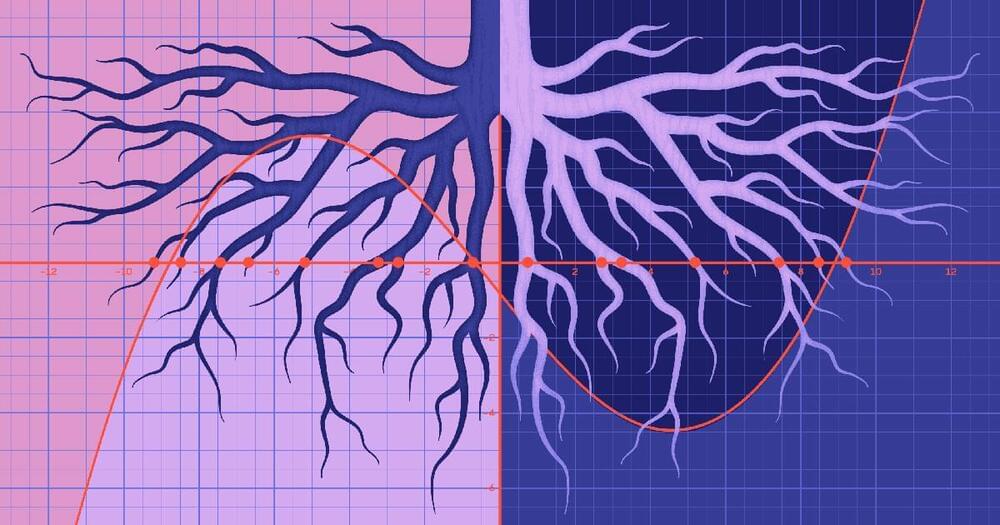A new molecule created by a researcher at the University of Texas at Dallas kills a variety of difficult-to-treat cancers, including triple-negative breast cancer, by taking advantage of a weakness in cells that was not previously targeted by existing drugs.
The research, which was conducted using isolated cells, human cancer tissue, and mouse-grown human cancers, was recently published in Nature Cancer.
A co-corresponding author of the study and an associate professor of chemistry and biochemistry in the School of Natural Sciences and Mathematics at the University of Texas at Dallas, Dr. Jung-Mo Ahn has dedicated more than ten years of his career to developing small molecules that target protein-protein interactions in cells. He previously created potential therapeutic candidate compounds for treatment-resistant prostate cancer and breast cancer using a method called structure-based rational drug design.








